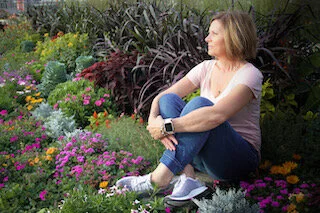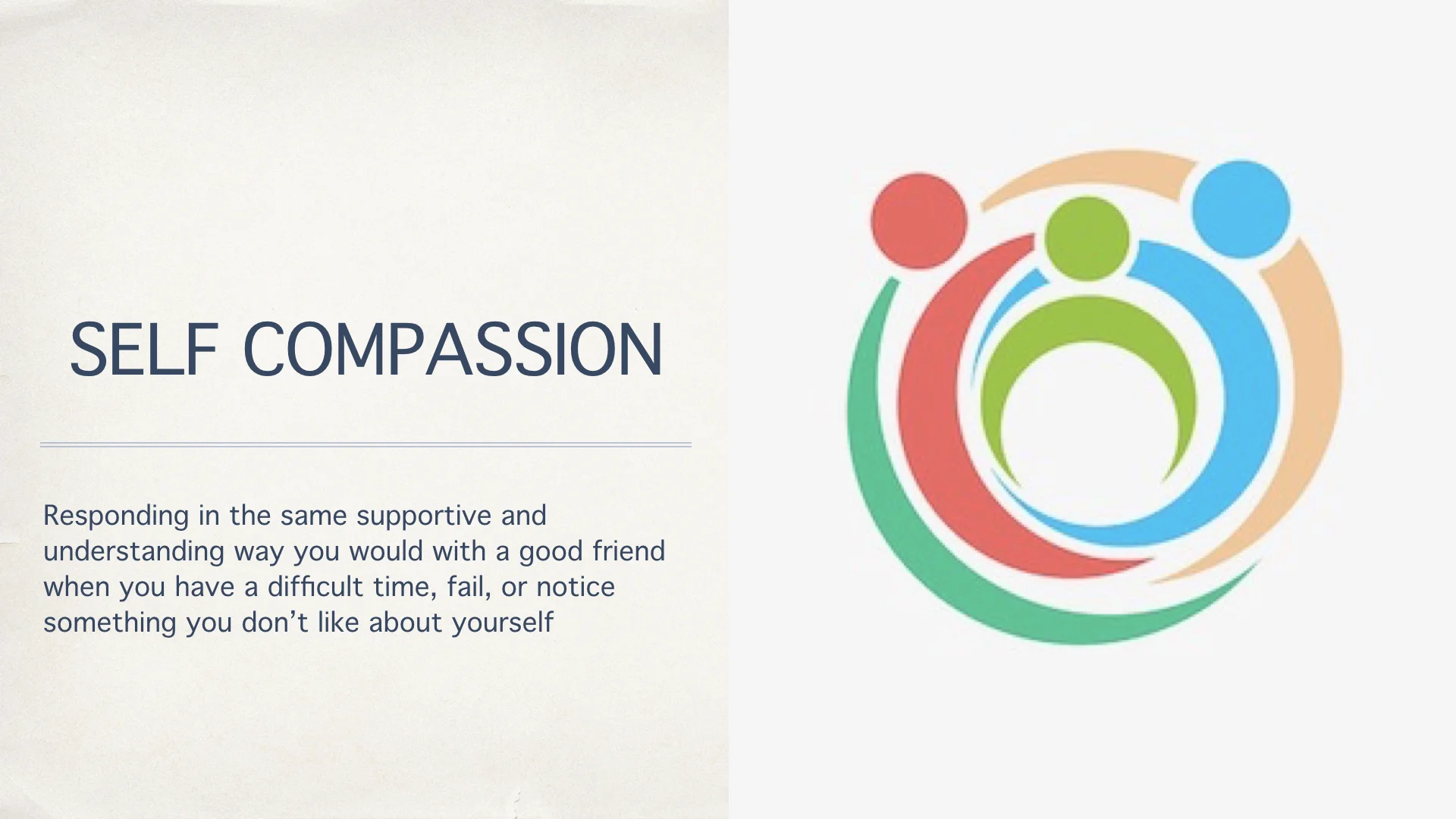Monday, September 9, 2019
welcome to the leADDership brief
A weekly newsletter for creative and innovative people, like you, with ADHD who want timely, helpful, and interesting resources
for leading and living well with ADHD.
How to Self Care
What is it?
Why Should You Care?
How Do You Care?
WHAT IS SELF CARE?
By the time you are reading this I will have been on eight airplanes and sat through the exact same “pre-flight safety briefing.” The detailed explanation Flight Attendants give before take-off regarding the safety features of the aircraft you are on. While the exact how the briefing is expressed differs from airline to airline and even Attendant to Attendant, they all cover the same basic information: seat belts, safety cards, exit rows, floating devises, electronics, etc. And every pre-flight briefing includes the following reminder:
In the unlikely event of an emergency and the need to use your oxygen mask passengers should always fit their own mask on before assisting and caring for children, a disabled passenger, or any person requiring additional assistance.
The point being that you cannot help anyone else flying with you before you’ve helped yourself. If you pass out from lack of oxygen you’re of no use to anyone else much less yourself.
I think it’s a pretty great example of Self Care.
In essence, Self Care is mindfully and intentionally taking the time to pay attention to you and your needs, not out of selfishness or narcissism, rather because taking care of you means you have the bandwidth and energy to care for and attend to others in a healthy and regenerative manner.
WHY SHOULD YOU CARE?
Self Care is especially important for adults with ADHD. The emotional, mental, physical, and spiritual energy we exert in order to function in a neuro-typical executive functioning world is profoundly draining. When we aren’t mindfully and intentionally taking care of ourselves we risk exacerbating our ADHD symptoms.
Self Care goes a long way in managing stress and living the personal and professional life you want to live.
Self Care practices enable you to meet and often exceed your daily life demands and remain in a positive mindset about yourself and others.
Self Care helps you focus on what’s important to you.
Self Care helps you use time time to your advantage.
Self Care means you can be honest about your needs and how your ADHD symptoms can make ordinary tasks (sorting mail, answering emails, returning phone calls) difficult necessitating an even more compassionate, empathic and mindful approach to life.
Self Care improves your emotional intelligence and self-awareness. Emotionally intelligent people are better able to understand, control and manage their emotions, and are able to advocate and stand-up for themselves in stressful and/or difficult situations.
As good as all that looks, feels, and sounds, the idea of Self Care itself is often overwhelming in an already overwhelmed life.
When would you do it?
Where would you do it?
How much time will it take?
What would you do?
How do you do it?
I know, I know, Self Care often brings to mind luxurious spa get-aways, beach vacations, expensive gym memberships, etc. The reality is, meaningful and impactful Self Care much closer to home is considerably less expensive and often free.
it’s also easy to get caught in a “brain-spiral” thinking you’ll start looking after yourself when everything else in your life is more organized, managed, and on time.
This is a hard truth: that time will never come and is often an excuse for avoiding what’s good for us. As an adult with ADHD that is a dream somewhere over the rainbow. It’s a walk down disappointment and inner critic avenue. Don’t go there. Walk right past that avenue.
You can start practicing Self Care right now. Take a moment and breath. Healthy, deep, focused breaths. Five minutes of breathing is Self Care.
You can take a moment and speak kindly and compassionately to yourself. That’s elf Care.
Just like when you are on an airplane, you look after yourself first, then everything and everyone else in your life will be healthier and happier—and you’re ability to feel and be more organized, timely, and in control will follow.
HOW DO YOU CARE?
Everybody say it with me:
“Start with Self Compassion and Empathy!”
Intentional and meaningful self-care is one of the most powerful and impactful Self Care Practices you can adopt. For more on this and some self-care exercises, check out the July 15th edition of the leADDership brief.
Once you’ve responded with compassion and empathy to your need for care and support here are four easy and free “How to Self Care” practices to get your started.
YOGA
It’s no secret that exercise is an important and key factor in managing ADHD but I’m going to put in a big plug for Yoga. The combination of mindful balance, breathing, and sustained attention on the yoga poses can help your brain to turn away from unwanted thoughts and lower anxiety. The return to a focus on your breathing and being in the moment of holding a pose has been show to improve executive function. Plus, it requires very little in the way of equipment. While a mat is needed for an extended yoga class I’ve done a few yoga poses in many places when I’ve needed to recenter and calm down. There are a ton of easily accessed Yoga classes on line or apps like Daily Yoga and Yoga Studio (free on iPhone and Android)
Nature
One of my favorite Self Care practices is to simply enjoy nature. When I’m feeling stuck, anxious, overwhelmed, or even bored, I will step outside and enjoy what nature has to offer. One small study at the University of Illinois found that “green time” spent in a backyard, a city park, a stand of trees, or even an urban landscape plot of flowers showed improvements in ADHD symptoms and behaviors.
Some of the benefits of nature for your brain with ADHD include:
Improved attention spans (short- and long-term)
Increased levels of serotonin (the feel-good neurotransmitter)
Increased brain activity in those areas responsible for empathy and emotional stability
Increased energy levels, from just 20 minutes outside per day
People
There are tremendous benefits in having a network of supportive relationships: those with robust social support networks have better health, longer lives, and report higher well-being. Friends and loved ones can make you more resilient in times of stress, setback, or loss and they can also make the good times even better.
In addition to buffering stress, supportive friends and famiy can help you identify when you are stressed and overwhelmed and help you get back on track and connect with your ADHD strategies. They will remind you of all the great things about being you when your inner critic is shouting at you and you’re feeling defeated.
A supportive community will rejoice with you in times of success and hold space for you in times of sorrow and pain.
Laugh
According to the Mayo Clinic laughter really is the best medicine! Here are just a few of the benefits to your brain cited in the article:
In the short term laughter has been shown to:
Enhance your intake of oxygen-rich air, stimulate your heart, lungs and muscles, and increase the endorphins that are released by your brain.
Fire up and then cool down your stress response, and it can increase and then decrease your heart rate and blood pressure. The result? A good, relaxed feeling.
Stimulate circulation and aid muscle relaxation, both of which can help reduce some of the physical symptoms of stress
Improve short term memory
Increase focus and attention span
Longer term laughter has been shown to:
Improve your immune system. Laughter releases neuropeptides that help fight stress and potentially more-serious illnesses
Ease pain by causing the body to produce oxytocin, its own natural feel good chemical
Make it easier to cope with difficult situations
Help you connect with other people
Improve your mood and help lessen depression and anxiety
Help you feel happier
Next week I am going to dig a little deeper and talk about creating an intentional Self Care Routine that works for you and is in alignment with who you are.
What Else Do You Need To Know?
Coach Pam









